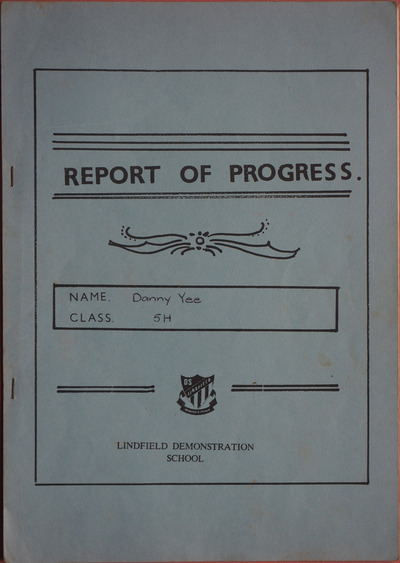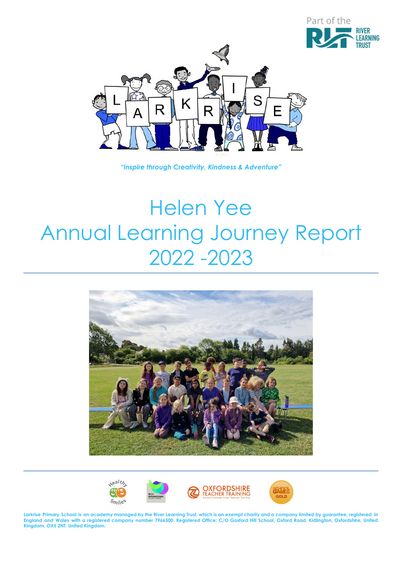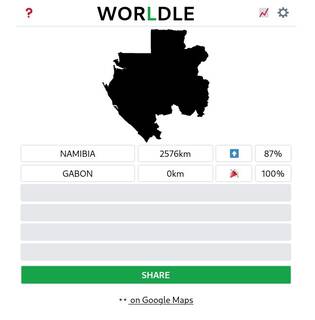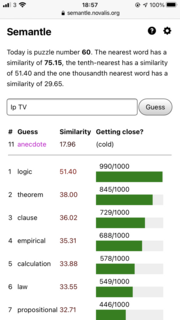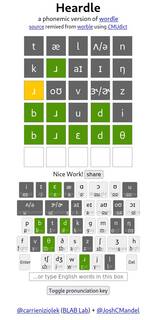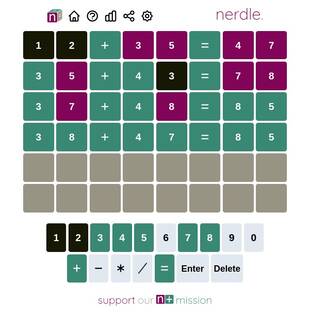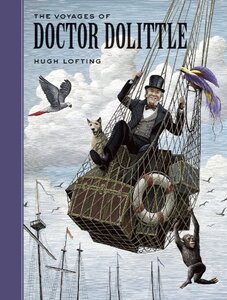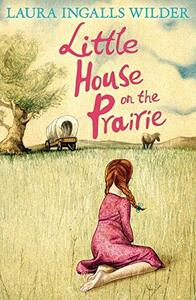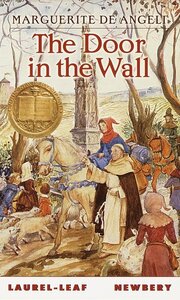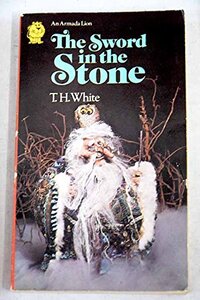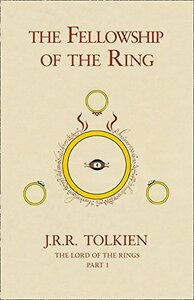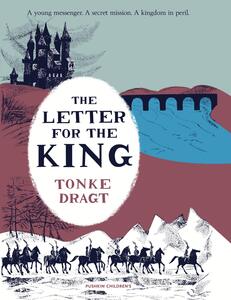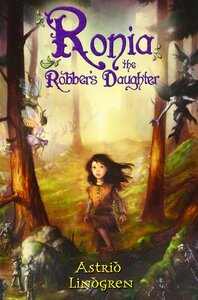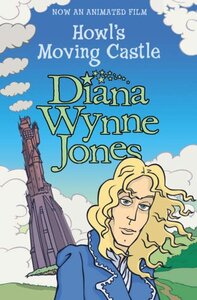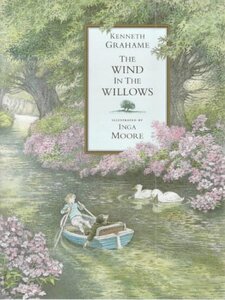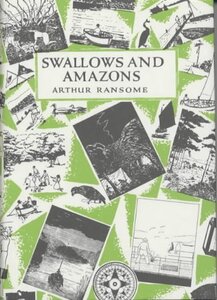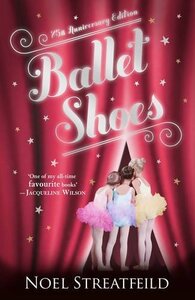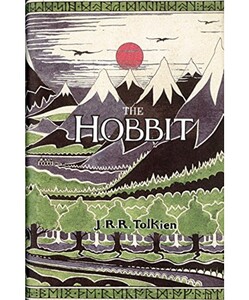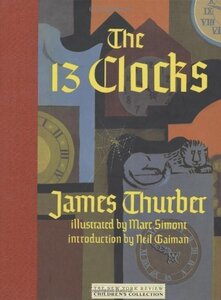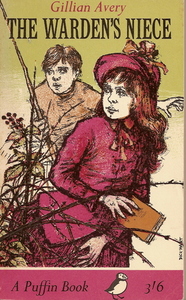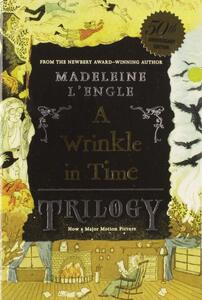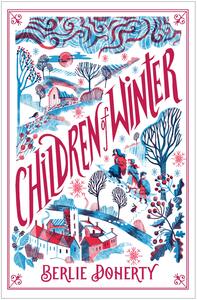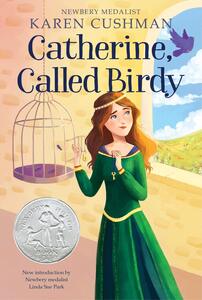Central Oxford lacks any kind of playground, or even any kind of public "run around" green space. Twice I have been stopped by tourists and asked where they can take their children to play. Lots of residents tell me they would spend more time in the city centre if they had somewhere they could let their kids run around in between shops or museums.
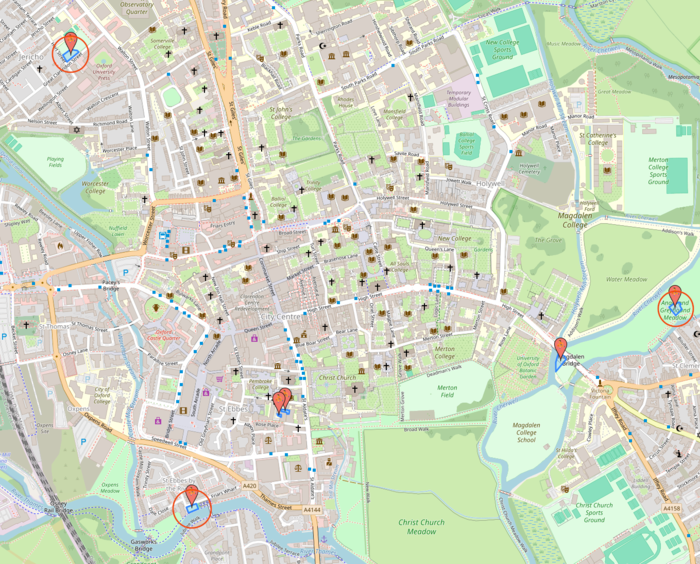
the three nearest playgrounds are circled; the ones identified by Open Street Map at the Story Museum and inside Magdalen College School are not public
The nearest public playgrounds are quite some way away. From Carfax, Friars Wharf is 900m, Great Clarendon St 1.3km, and Angel and Greyhound Meadow 1.6km. All of these require dealing with at least one main road; none of them have public toilets or baby-changing facilities. The grassy area outside the Natural History Museum offers some "run-around" space, but that's still a kilometre from Carfax. more
There have been concerns about road danger on Barton Fields Rd, the spine road that runs through the Barton Park development on the eastern outskirts of Oxford, in particular around the primary school. One driver ploughed into the cycle parking stands outside the school, another hit one of the buildings under construction on the other side of the street, and there are a lot of other incidents that don't show up in the official road injury record. (There are also concerns about road danger at the crossing of the A40; I have written about those elsewhere.)
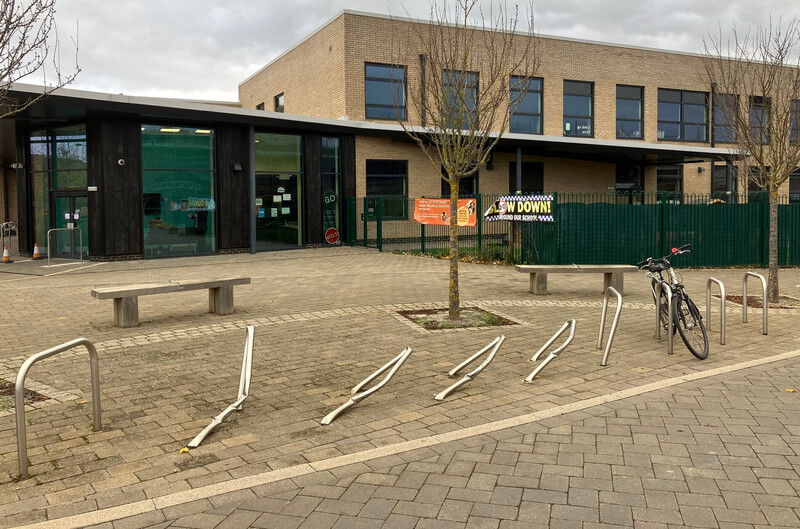
cycle parking stands outside Barton Park Primary School, bent over by being driven into
|
more
Going through memorabilia, I found some old school reports. So here is a comparison of my "Report of Progress" from Year 5, in 1980 at what was then Lindfield Demonstration School, in Sydney, Australia, and my daughter Helen's "Annual Learning Journey Report" from Year 5, in 2022-2023 at Larkrise Primary School, in Oxford, England.
more
The current cycle training provision in our primary schools is inadequate and inequitable.
Imagine if primary schools ran a course on finance for Year 5 children, provided for free and taught in school time, but only offered to those children who already have an understanding of the basics - who already know what an interest rate is, say - and who already have a bank account of their own. That would, rightly, be condemned as hugely regressive, teaching children who are already privileged and knowledgeable even more, and exacerbating existing inequalities.
But this is exactly how cycle training works, certainly in Oxfordshire and I think across most of the country. more
While the county should continue to support schemes for schools that request them, having that as the only way for schemes to happen will limit the effectiveness of the program. The county should proactively plan School Streets schemes at those locations where they will have the most effect. more
We've settled into a routine with Wordle and its clones, but some of the more radical variants are the most interesting. Our favourites are Worldle, Semantle, Heardle and Nerdle.
more
Classics still dominate Helen's reading. Six months ago she read the remaining Anne of Green Gables books and then reread them all. And she's just reread The Lord of the Rings. Other classics include Hugh Lofting's Voyages of Dr Dolittle and The Story of Dr Dolittle (1920), Laura Ingalls Wilder's Little House in the Big Woods (1932), T.E. White's The Sword in the Stone (1938), Marguerite De Angeli's The Door in the Wall (1949), Tonke Dragt's Letter for the King (1962) and Secrets of the Wild Wood, Astrid Lindgren's Ronia the Robber's Daughter (1981), and Diana Wynne-Jones' Howl's Moving Castle (1986).
more
Much of Helen's reading has consisted of older classics: Kenneth Grahame's The Wind in the Willows (1908), Arthur Ransome's Swallows and Amazons (1930), Noel Streatfeild's Ballet Shoes (1936), J.R.R. Tolkien's The Hobbit (1937), James Thurber's The 13 Clocks (1950), Gillian Avery's The Warden's Niece (1957), Madeleine l'Engle's A Wrinkle in Time (1962), Maurice Druon's Memoirs of Zeus (1964), Berlie Doherty's Children of Winter (1985), and Karen Cushman's Catherine, Called Birdy (1994). (She didn't read these in chronological order!)
more
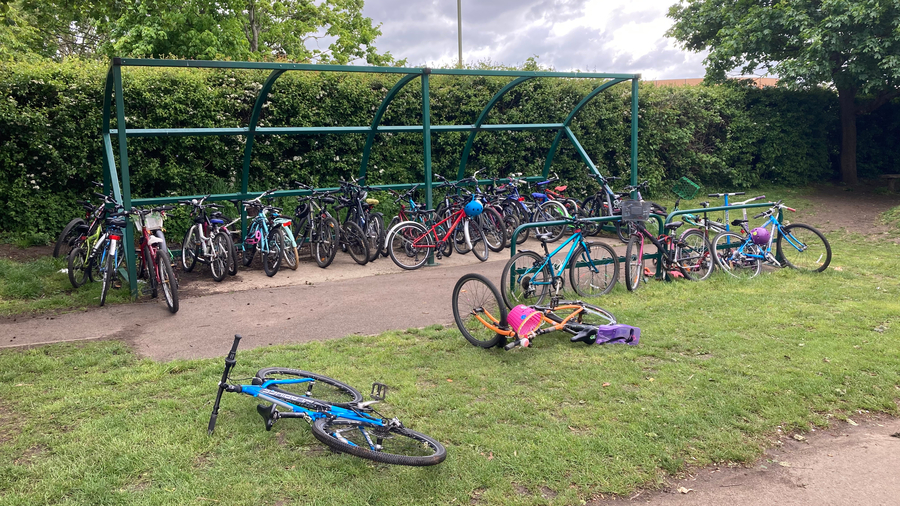 Modal shift in action! Seeing individual children at Larkrise taking up cycling or walking is great, but this photo gives a feel for the broader picture. I did a count and there were twenty bikes more than would fit into the school's cycle parking: this rack was eighteen over capacity and the other was two over! (Normal was fewer cycles than spaces.) And it's still happening: there are still people planning cycle training for their children, trying to buy bikes, and so forth. There are also families who have switched from driving to walking, and increasing numbers of older children being allowed to walk to school by themselves. more
Modal shift in action! Seeing individual children at Larkrise taking up cycling or walking is great, but this photo gives a feel for the broader picture. I did a count and there were twenty bikes more than would fit into the school's cycle parking: this rack was eighteen over capacity and the other was two over! (Normal was fewer cycles than spaces.) And it's still happening: there are still people planning cycle training for their children, trying to buy bikes, and so forth. There are also families who have switched from driving to walking, and increasing numbers of older children being allowed to walk to school by themselves. more
I had thought all my early childhood books were gone — sadly, at some point when I was a teenager I culled them as too childish, leaving only the "young adult" ones — but my sister saved our copy of Gerald Durrell's The Talking Parcel and has given it to Helen, who loves it. Reading that brought back memories, and I think this must have been one of the books I read many times as a child. more
The details are unclear and the story may be legendary, but the great mathematician Alexander Grothendieck apparently once picked 57 as an example of a prime number. So a Grothendieck prime is a number that looks like it's prime but isn't. more
We've had five days of remote learning so far, and everything seems to be running pretty smoothly. Helen's teachers and school have put in an impressive performance, especially given how little notice there was of whether schools would fully open. (The government delayed announcing a lockdown till the night before we were scheduled to reopen — and after many other schools had opened for a day.) more
Neither "open" nor "shut" are actually possible options for schools now. more
Helen's been back at school for three weeks now and I've started going in to work two days a week, and that's all gone very smoothly. Old routines have come back quickly, and the most remarkable thing is just how normal everything seems. more
Helen is rarely an avid reader. If she gets stuck into something she'll go through it eagerly, and she can reread books or entire series she loves, but otherwise she'll pretty much never sit down and start reading if there's playing to be done instead. Most of her reading is done in bed, before going to sleep or (in these days without school) on waking up.
The major constraint on her reading is scariness, which includes broader emotional stress - Hugh and Jonathan parting in Brother Dusty-Feet (which I had to read the last chapters of to her) was almost as bad as Pheasant being shot in The Animals of Farthing Wood (which she abandoned). Once she knows a book she's usually ok to read it again (though she's stalled at "Riddles in the Dark" in The Hobbit, which I've read to her). more
Being involved with a school provides a good example of scaling problems. A lot of things that seem intuitive or simple at an individual level are difficult or complex at larger scales.
One key number is 30, the approximate number of children in a class (Helen's has ranged from 28 to 31). The other is 450, which is roughly the number of children in her school, a two-form entry primary school with an attached Early Years unit. more
Helen has only done a tiny bit with foreign languages - German and Latin - since my last update on this a year ago. more
It will be some time before reopening schools in England (for all children) is practical. They're just starting to do that in Australia, where infection rates are less than one hundredth of those here (with around 10 new cases a day instead of 5000, despite more aggressive testing). But we can think about how that should be done, once infection rates are much lower and a robust test-and-trace system is in place. more
I'm firmly convinced that graph theory is a perfect subject to teach to young (primary school) children. It allows an introduction to core aspects of mathematics - abstraction, generalisation, formalism, proof - in a context where there's a concrete visual representation and without requiring significant prerequisite knowledge. It offers the possibility of building to more difficult material (matchings, Ramsey numbers) and methods and tools (variables, induction, reductio), but also a range of topics which can be introduced independently at a low level of complexity (graph colouring, paths, simple functions). more
If your school tells you to cram times-tables or fractions into your child, but they don't want to do that or don't enjoy doing that, don't make them multiply. If they don't enjoy the maths they are doing at school, don't try to force them to do it at home, that's only going to make them dislike it even more. Instead, play games with them, do things with numbers and shapes yourself, show them mathematics unrelated to anything they do in school, and give them fun maths books to read and videos to watch. I realise this is harder for most parents than my previous "don't make your child read" injunction, because fewer parents enjoy mathematics themselves than enjoy reading, but if you are maths-averse yourself think of this as an opportunity to learn something new alongside your children. more



